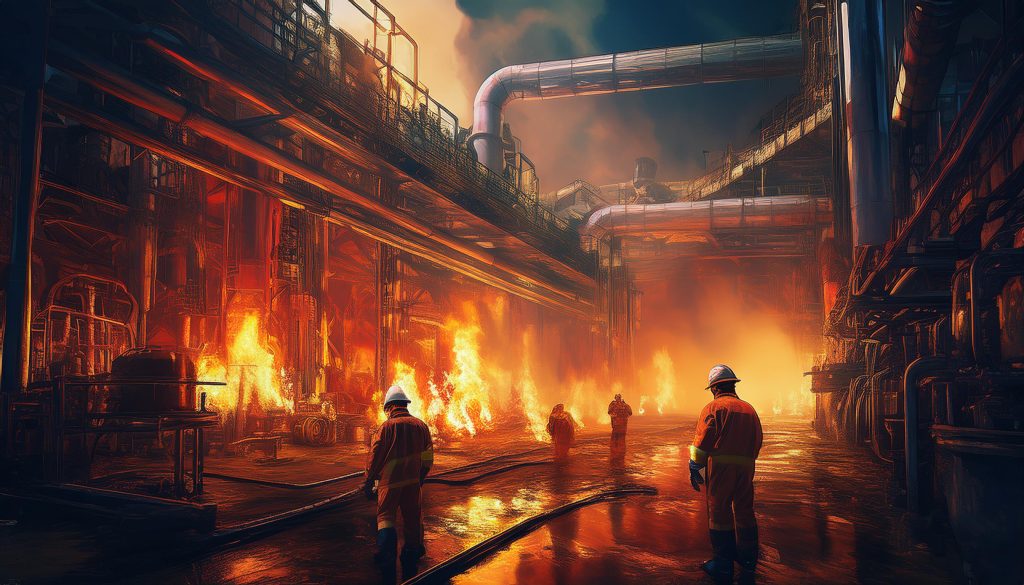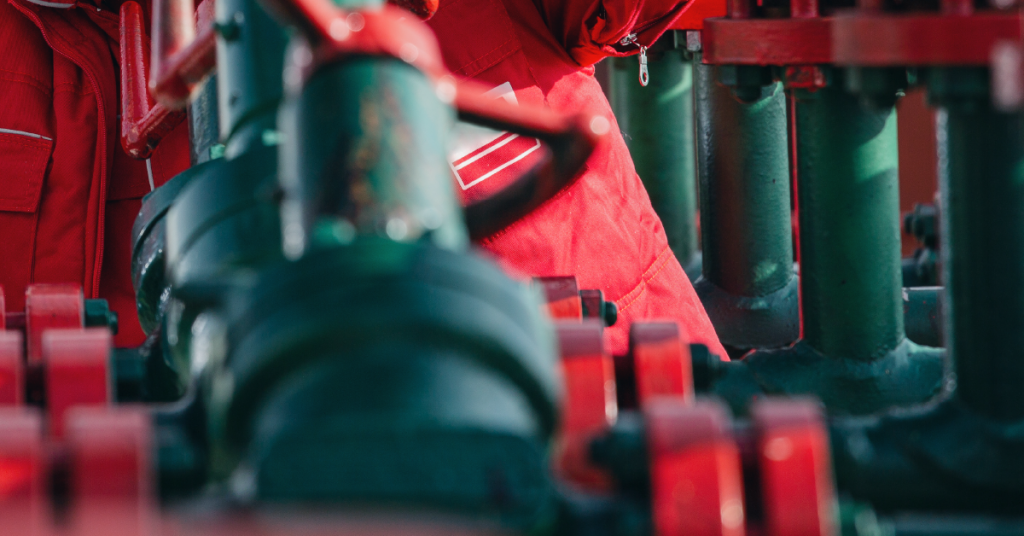Intensive Trainings

- This event has passed.
API 936 Refractory Inspection Code
17th July 2017
Overview
This API Certification Program is designed to train individuals on Refractory installation, inspection, testing and repair in accordance with API 936 Standard. API 936 provides guidelines for the installation quality control of monolithic refractory linings which is used to supplement owner specifications. The course also covers the material, equipment and personnel qualification requirements along with procedures and responsibilities for quality control inspection personnel. API Refractory Certification Program provides the industry with a means for central, independent,
unbiased and defensible certification and ensures that refractory personnel demonstrate competence in content areas that are relevant to their practices. The program raises the bar of competence for qualified personnel and provides a peace-of-mind to the industry that the certified individual has demonstrated knowledge of the relevant content of refractory installation and inspection.
For the refractory personnel, this certification provides a method to demonstrate knowledge and experience with refractories and refractory inspection to employers and clients. By participating in API’s 936 Certification Program, inspectors and other professionals serving the petroleum, petrochemical, and chemical industries are readily able to provide evidence of proper qualification. Certification provides personnel with industry-directed and industryaccepted professional credentials. This course is designed to train individuals who are interested in obtaining the API 936 Certification, as well as those who are seeking knowledge and skills needed for the installation, inspection.
Who Should Attend
For the refractory personnel, this certification provides a method to demonstrate knowledge and experience with refractories and refractory inspection to employers and clients. By participating in API’s 936 Certification Program, inspectors and other professionals serving the petroleum, petrochemical, and chemical industries are readily able to provide evidence of proper qualification.
Certification provides personnel with industry-directed and industry-accepted professional credentials. This course is designed to train individuals who are interested in obtaining the API 936 Certification, as well as those who are seeking knowledge and skills needed for the installation, inspection, testing and repair of refractory systems.
Job titles include but are not limited to:
- Inspection engineer
- Process engineer
- Production engineer
- Maintenance engineer
- Mechanical engineer
- Refractories support engineer
- Asset integrity engineer
- Superintendent refractory repair
- QC coordinator
- Field engineer
- Design engineer
- Instrumentation engineer
- Operation engineer
- Refinery shift engineer
- Plant inspector manager
- Technical manager/ specialist
- Process technologist
Relevant industries include but are not limited to:
- OEM
- Fabrication shops
- Steel mills
- Aluminum foundries
- Cement plants
- Copper foundries
- Refractory manufacturers
- Power plants
- Glass plants
- Mineral processing
- Fertilizer plant
- Chemical plants
- Gas plants
- Refineries
- Coke Plants
Key Learning Objectives
- Prepare for the API 936 exam and have enough knowledge and skills to pass the exam in order to get the API 936 certification
- Gain in-depth understanding on the laboratory testing procedures including the testing equipments & methods, sample preparation techniques, dimensional requirements for test specimen and the responsibilities for personnel & documentation requirements
- Determine what is an applicator and identify the various material qualification needed in the installation, sample preparation and surface separation requirements of the refractory system
- Recognize the responsibilities of personnel and list down the documentations needed in the material qualification of a refractory system
- Enumerate the various requirements & guidelines needed in the installation of the refractory system including the knowledge of detailed execution plan such as the design details & quality standards
- List installation procedures and equipment including variables that affect installation quality



